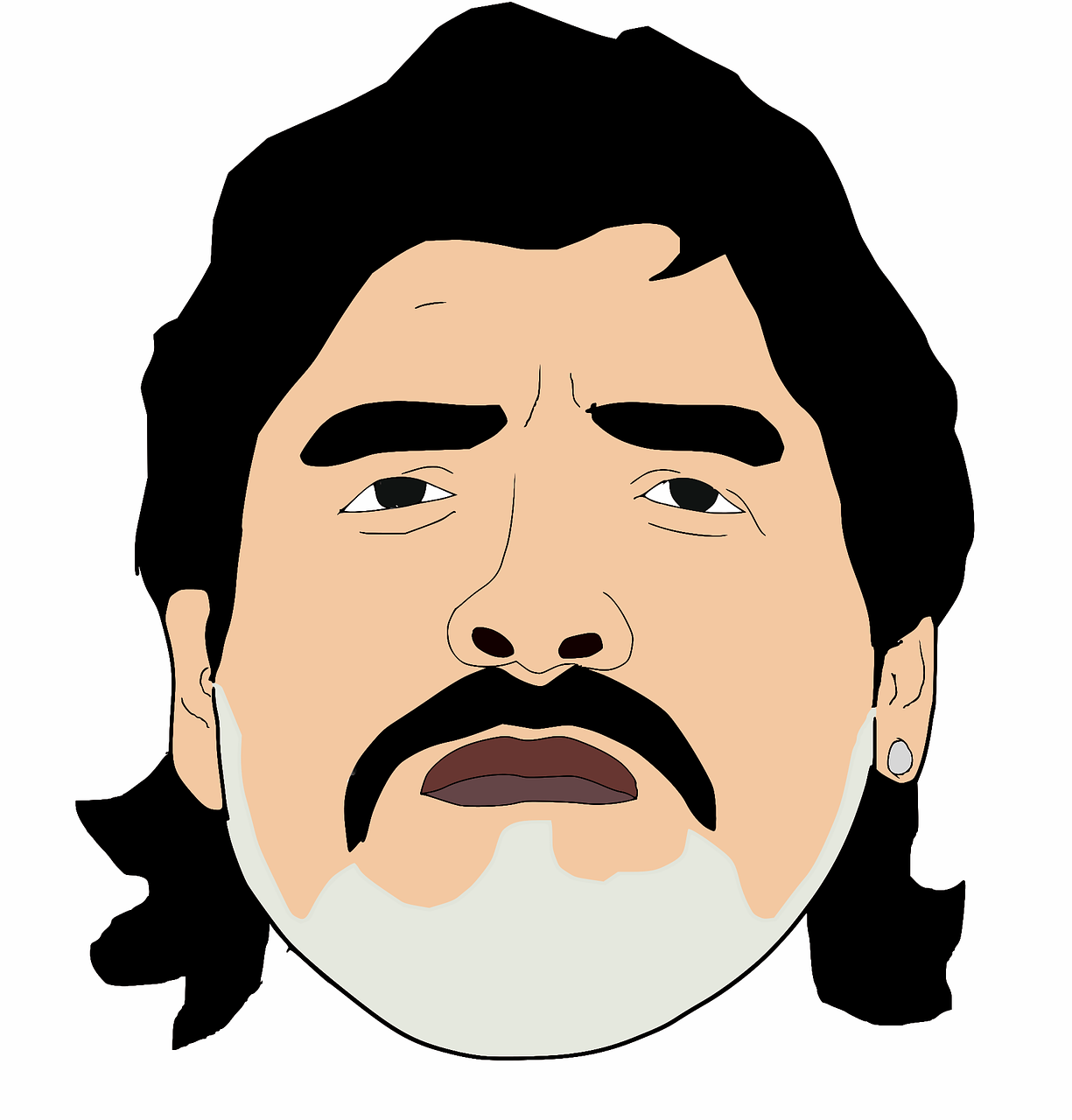- Home
- Interesting facts
- Diego Maradona – The Legend Lives

Diego Maradona – The Legend Lives
Diego Armando Maradona Franco, the legendary football player and one of the greatest footballers of all time, died on November 25, 2020. He was 60 years old and his legacy will live on forever. This piece is a tribute to him and everything he has done for football.
Early Life
Maradona was born on October 30, 1960, in Buenos Aires. His father was also a footballer. The family lived in the slums of Buenos Aires and Diego had six siblings altogether. His first football trials were with Argentinos Juniors when he was 8 years old.
He joined “Los Cebollitas”, or the Onions. At the age of 14, he signed on with Argentinos Juniors. Merely two years later, he was a part of the team that reached the unbelievable 136 consecutive wins.
He made his debut with the national team at the age of 16. This meant that he became the youngest Argentine ever to do so. Maradona stood out from the rest of the team by playing like an adult. Argentina won the 1978 World Cup without him, believing him to be too young. However, the national team still allowed him to prove himself in the U20 team, and did he ever. Argentinos Juniors U20 won the 1979 FIFA World Youth Cup.
Professional Career
In 1981, Diego Maradona went to Boca Juniors on a loan for the amount that is approximately worth 3.8 million euros. His talent and style, paired with a great team, allowed him to reach the top of the Metropolitano Championship that same year. Boca Juniors won by a single point over Ferro Carril Oeste.
In 1982, he returned to Argentinos Juniors for a few hours, before signing on with Barcelona. You know a player is worth his weight in gold if a team like Barcelona expresses an interest in him. This was also the year he played his first World Cup.
The rising star played all five matches for the Argentinian team and received fouls in all of them. The fascinating thing is that he persevered without being substituted even once. Unfortunately, the most-known fact about the World Cup that year was that Maradona received a red card for tackling Batista.
Another Shot at Glory
The 1986 World Cup was much more interesting for Maradona and the rest of the world. There are two goals from the tournament that are going to be talked about for years to come. The first is the so-called Hand of God. Maradona scored the controversial goal with his hand, fooling the ref into thinking it was legitimate.
The second goal was the Goal of the Century. Diego Maradona had possession of the ball in his half. He then single-handedly made it to England’s goal, despite the opposing team’s tackles. Diego fell on the grass, but not before rattling England’s net. Victor Hugo Morales made the commentary for Argentinian radio. The goal was immortalized by phrases like barrilete cósmico, or cosmic kite. FIFA declared this the greatest goal in the history of the World Cup.
There is a statue of Maradona scoring the goal in front of Azteca Stadium.
Drugs
After Barcelona, he moved on to Napoli in 1984. Unfortunately, he had already developed a cocaine habit some years prior. In Italy, it spun out of control. Cocaine was easy to come by and his career and life suffered for it greatly. He received his first ban in 1991 and the second one in 1994. We can only guess at what football would have been like had Maradona never touched the stuff.
Style
Maradona’s style of play was the stuff of legends. There has never been a better dribbler than him. To be fair, Messi comes pretty close. Though he could, on occasion, perform an attack all by himself, he was a team player and an excellent strategist. He was also one of the best free-kickers the world has ever seen. Writing about it does not do him justice. Maradona with the ball was poetry in motion.
Death
His life was turbulent and his body could no longer keep up. On November 2, he was admitted to a hospital, where he underwent surgery to deal with a hematoma. On November 25, he died of a heart attack in his home. Police in Buenos Aires raided the home of Maradona’s doctor in the hopes of determining whether there had been any wrongdoings in the treatment after the surgery.
The tragedy shook the world of football as it said goodbye to the legend and an icon. Games were postponed, minutes of silence were held, and the late player received tribute from his country and club. One of the greatest footballers who ever lived (if not the greatest) will forever live in our hearts.